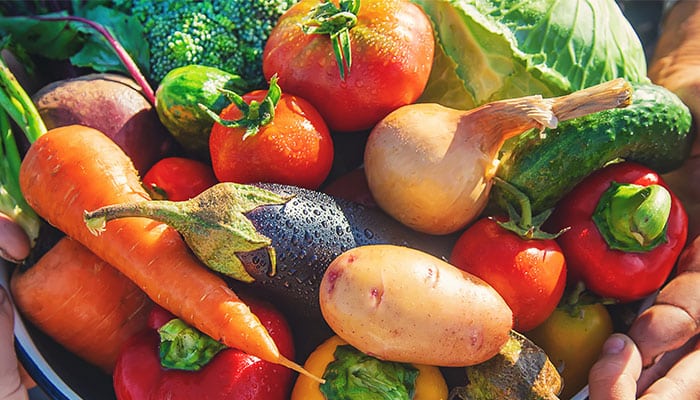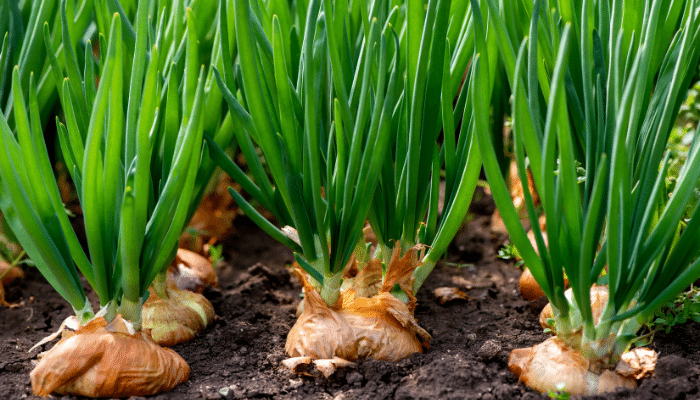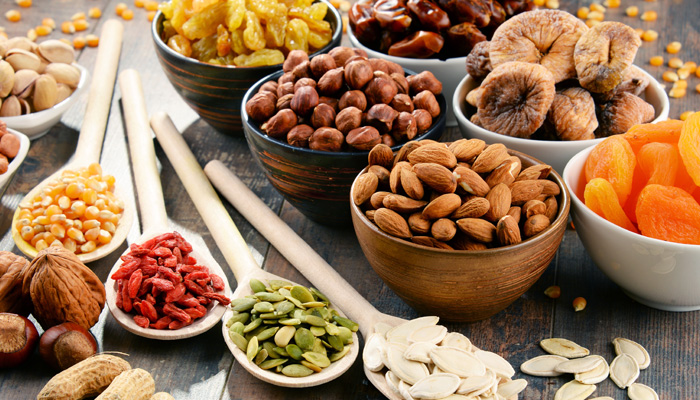
Article réservé aux abonnés


EU regulation 2023/1783 has just been published. It modifies the MRLs for the following residues: denatonium benzoate, diuron, etoxazole, methomyl and teflubenzuron.
Denatonium benzoate and diuron are no longer approved since the end of 2020. MRLs for diuron have been lowered to 0.01 mg/kg for nuts, oil seeds and fruits, teas and honey.
Etoxazole is no longer permitted on edible crops from the beginning of 2021. MRLs on citrus fruits, pome fruits, stone fruits, grapes, strawberries, avocados, tomatoes, eggplants, cucumbers and cucurbits with inedible skins are reduced to 0.01 mg/kg. MRLs for basil and edible flowers reduced to 0.02 mg/kg. MRLs for teas and hops reduced to 0.05 mg/kg.
Methomyl is no longer authorized as of August 2019. MRLs on sweet peppers, melons, pumpkins, watermelons, lettuces, beans and peas with pods, dried beans, soybeans, cottonseed, maize and oats fall to 0.01 mg/kg. MRLs for honey have been reduced to 0.05 mg/kg.
Teflubenzuron is no longer authorized since the end of 2019. MRLs for nuts, pome fruits, plums, potatoes, Solanaceae and Malvaceae (except tomatoes), zucchini, Brussels sprouts, head cabbage and oil seeds and fruits (except sunflower seeds and soybeans) are reduced to 0.01 mg/kg.
Article 2 of this regulation specifies that the old MRLs will continue to apply to products obtained or imported into the EU before April 8, 2024.
This regulation applies from 08/04/2023.
Phytocontrol laboratory offers pesticide residue analysis under COFRAC accreditation. You can consult our COFRAC technical appendix N°1-1904 available in your customer area or on the COFRAC website.
Need technical, regulatory or pricing information? Our customer service is available from 8am to




